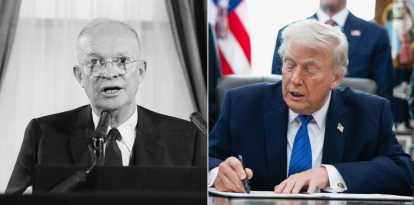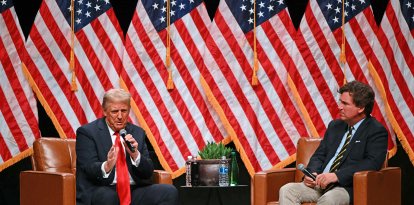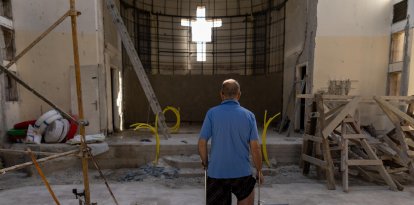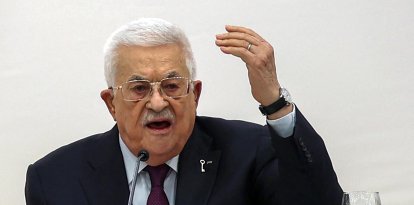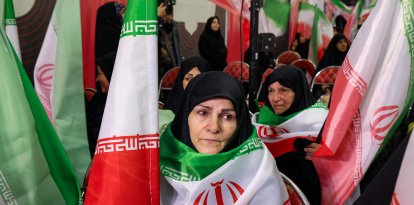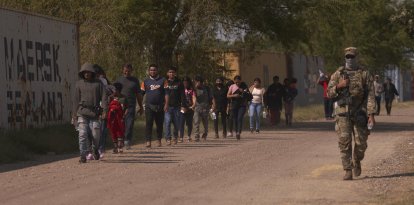Abortion won't be the home run Democrats need to sway Hispanic voters in November
The Hispanic community believes in the nuclear family, an idea that many members of the modern Democratic Party consider radical or outdated.
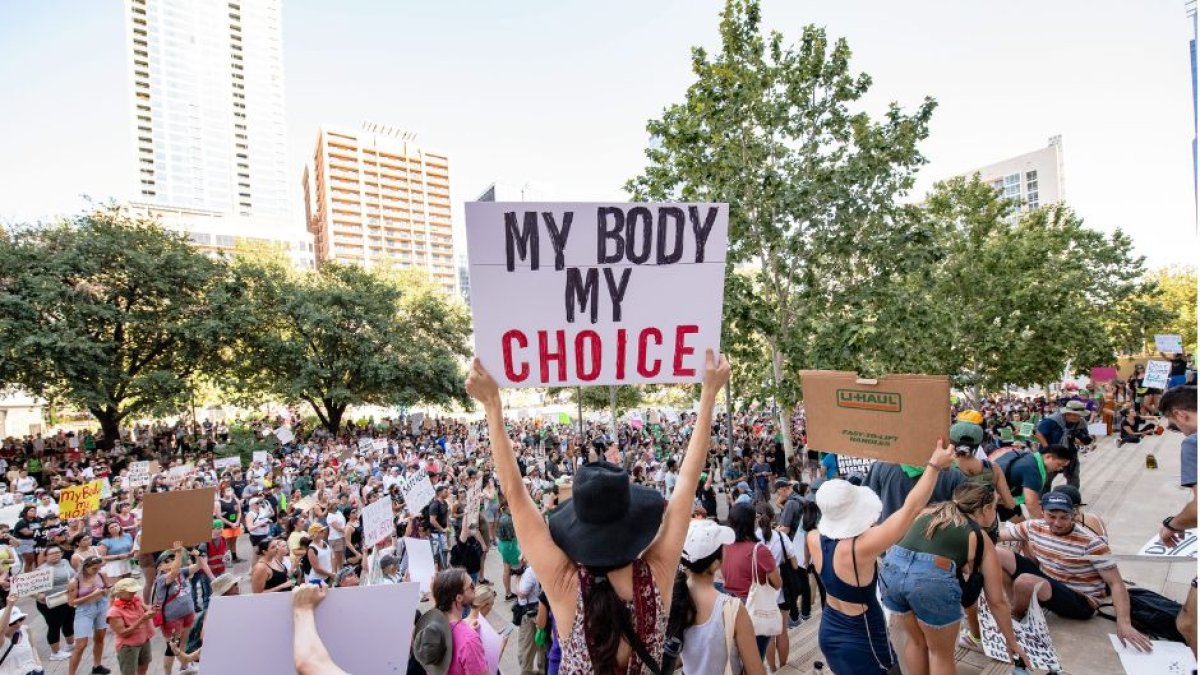
Manifestación proaborto tras el fallo de la Corte Suprema que anuló Roe. (Cordon Press)
By Paola Varela:
In September 2021, toward the end of California's failed gubernatorial recall election, Governor Gavin Newsom was backed by an unexpected boost of enthusiasm from California Democrats.
This last-minute injection of support led to a victory on Election Day that had seemed unlikely just a few months earlier. This is because, during the recall efforts, something happened outside the state that would continue to energize the dormant Democratic base nationally: Texas' decision to ban abortion, after six weeks, dominated the news cycles.
The conversation pivoted from the Newsom administration's failed economic policies in California to women's reproductive rights and the ethics behind ending a life.
The issue has continued to be a priority for left-wing voters across the country, as well as for the class of Republican consultants in D.C. and in swing states who have passed, or are seeking to pass, similar legislation at the state level, after the Supreme Court decided to repeal Roe v. Wade, sending the Dobbs decision back to the states. Left-wing members organized protests outside the Supreme Court, leading to the arrest of 17 members of Congress, including Alexandria Ocasio Cortez, who represents New York's 14th District in Congress.
Why is the issue of abortion such a mobilizing issue for the left? Is it related to the growing support for socialism and its hostility towards religion?
The answer is that the Hispanic community is predominantly Christian, which defends values that prioritize family, including the right to life. The anti-religious values offered by the current Democratic Party do not correlate with the educated mind of a predominantly Christian Hispanic American voter.
A 2023 Gallup poll found a definitive link between partisan preference and religious beliefs. The survey recorded that 61% of Republicans consider themselves religious. By contrast, the same study found that only 37% of Democrats considered themselves religious, and an additional 41% chose to identify as merely spiritual.
This is important to note because a recent survey of Hispanics in Arizona, Nevada, Florida and Texas found that a whopping 74% of them considered themselves religious.
Recently, in Florida, a state with a strong Latino presence, the state Republican Party is confident that voters will overwhelmingly reject an abortion amendment when it is introduced on the November ballot.
“The Republican Party of Florida is ready to correct the record and defeat the radical left while enshrining more rights for our citizens in our Constitution,” said Chairman Evan Powers.
Hispanic communities across the country are cultural remnants of an older, stricter world, where tomorrow is not guaranteed and the most basic tasks could be dangerous. That is why they are very united and the grandmothers exercise power over their homes with an iron-clad “decision.”
The root of community closeness begins at home. Hispanic families are used to facing daily life and the obstacles that arise. In this household, the addition of another member is a cherished occasion as another opportunity for success for the family and, eventually, another pair of hands that can help improve the standard of living for everyone.
In short, the Hispanic community is one that believes in the nuclear family, an idea that many members of the modern Democratic Party consider radical or outdated. The aspect of religion is related to the belief of that family unit, which is defended mainly by the Republican Party.
Hispanics are beginning to realize that they have much more in common with today's conservative Americans, who protect and promote this country's fundamental values: life, liberty and the pursuit of happiness.
—
By Paola Varela, communicator, journalist and television presenter. She recently served as deputy Hispanic communications director for the Republican National Committee.













